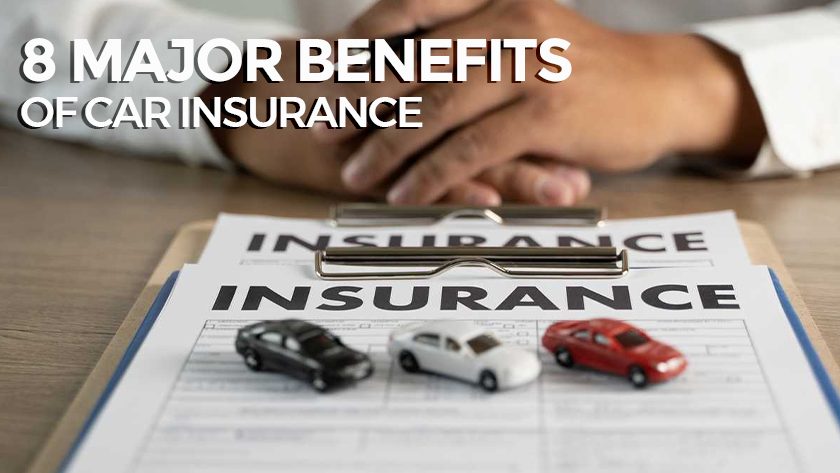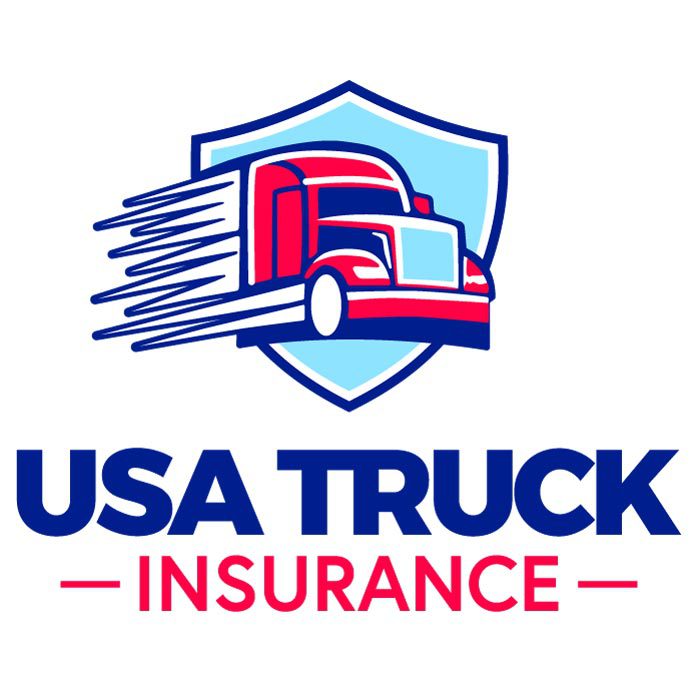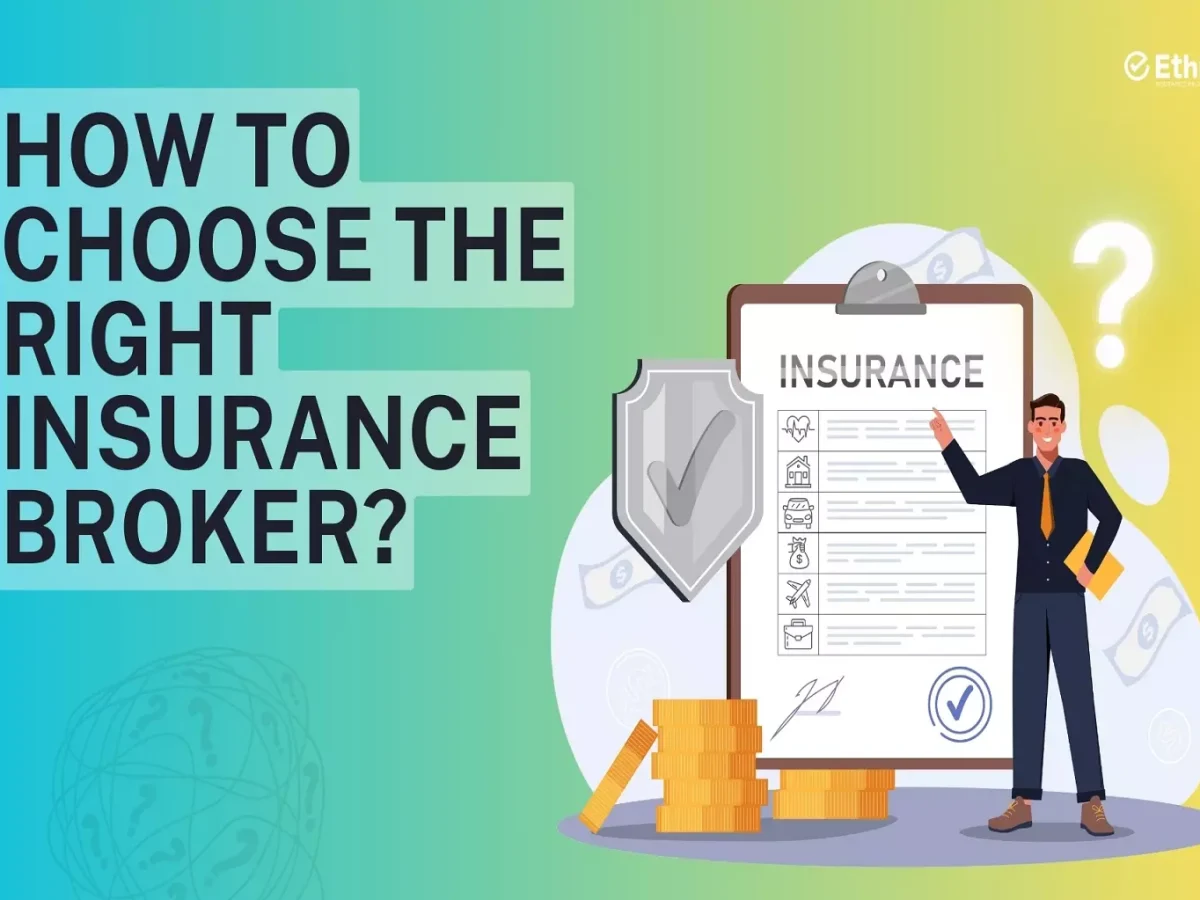When it comes to protecting your vehicle, whether it’s a car or a truck, insurance is a critical consideration. However, the world of vehicle insurance is not a one-size-fits-all system. There are significant differences between truck insurance and car insurance in terms of coverage, cost, and purpose. Understanding these differences is essential for anyone who owns or drives these types of vehicles. Whether you’re a personal car owner or a truck driver, knowing what sets these insurance policies apart will help you make the best decision for your needs. In this article, we’ll explore the nuances between US truck insurance and car insurance.
What is Car Insurance?
Car insurance is a policy designed to protect personal vehicles from damage, theft, or accidents. It is a requirement for drivers in almost every state, as it ensures that individuals are financially protected in case of an accident or any other unforeseen circumstances involving their car.
1. Types of Car Insurance Coverage
Car insurance typically includes a few standard coverage options, such as:
- Liability Insurance: Covers damage to other people’s property and medical expenses if you’re at fault in an accident.
- Collision Coverage: Pays for repairs to your car if you collide with another vehicle or object.
- Comprehensive Coverage: Covers damage to your car not caused by a collision, such as theft, vandalism, or natural disasters.
- Personal Injury Protection (PIP): Covers medical expenses and lost wages for you and your passengers, regardless of who is at fault in the accident.
- Uninsured/Underinsured Motorist Coverage: Protects you if the other driver in an accident doesn’t have enough insurance or no insurance at all.
2. The Cost of Car Insurance
The cost of car insurance varies depending on several factors, including:
- Age, Gender, and Driving History: Younger drivers, particularly males, tend to pay higher premiums due to their higher risk of accidents.
- Location: Urban areas with heavy traffic tend to have higher premiums compared to rural areas.
- Type of Vehicle: Luxury or sports cars typically cost more to insure due to their higher repair costs and theft risk.
- Coverage Limits: The more extensive the coverage, the higher the premium.
3. The Purpose of Car Insurance The purpose of car insurance is twofold: protecting your vehicle and ensuring that others are compensated in the event of an accident. It’s also essential for meeting state-mandated legal requirements.
The purpose of car insurance is twofold: protecting your vehicle and ensuring that others are compensated in the event of an accident. It’s also essential for meeting state-mandated legal requirements.
What is Truck Insurance?
Truck insurance, while similar in some respects to car insurance, is designed specifically for larger commercial vehicles. This type of insurance is particularly relevant for individuals or businesses that own trucks used for business purposes, including transportation, delivery, or construction.
1. Types of Truck Insurance Coverage
Truck insurance offers a broader range of coverage options compared to car insurance, given the nature of the vehicle and the use it sees. Some of the common types of truck insurance include:
- Primary Liability Insurance: Required by law, this insurance covers damages to third parties caused by the truck. It’s a must for anyone operating a commercial vehicle.
- Cargo Insurance: Protects goods and products being transported by the truck. This is crucial for freight companies and those transporting valuable goods.
- Physical Damage Coverage: Covers damage to the truck itself, either through collision, vandalism, or weather-related incidents.
- Non-Trucking Liability Insurance: Covers damages when the truck is not being used for business purposes (for example, when it is parked).
- Motor Truck Cargo Insurance: Specifically designed to protect the cargo being transported in the event of theft, damage, or loss.
- Comprehensive Insurance: Covers damage to the truck not involving a collision, including natural disasters, vandalism, or theft.
- Bobtail Insurance: Covers a truck when it’s being driven without a trailer attached, often useful for owner-operators.
2. The Cost of Truck Insurance
The cost of truck insurance is generally much higher than car insurance. Several factors contribute to this increase, such as:
- Truck Type and Size: Larger trucks or trucks with specialized equipment require higher premiums due to their higher risk and greater repair costs.
- Business Use: Since many trucks are used for business, the potential for accidents and liability is higher. Business-related truck insurance often comes with higher premiums.
- Cargo: If a truck is transporting high-value goods, such as electronics or pharmaceuticals, the insurance cost will increase to cover the higher risks involved.
- Driving History and Experience: Commercial drivers typically need a clean record and experience, but drivers with a history of accidents or violations will face higher premiums.
3. The Purpose of Truck Insurance Truck insurance serves a dual purpose: it protects both the vehicle and the cargo, while also addressing the unique needs of businesses and individuals who depend on their trucks for income generation. Whether for local deliveries, long-haul transport, or construction work, truck insurance ensures that businesses remain operational even in the face of accidents or unforeseen events.
Truck insurance serves a dual purpose: it protects both the vehicle and the cargo, while also addressing the unique needs of businesses and individuals who depend on their trucks for income generation. Whether for local deliveries, long-haul transport, or construction work, truck insurance ensures that businesses remain operational even in the face of accidents or unforeseen events.
Key Differences Between US Truck Insurance and Car Insurance
1. Coverage Scope
The primary difference between truck insurance and car insurance is the scope of coverage. Car insurance is generally designed for personal use and includes the essentials like liability and collision coverage. On the other hand, truck insurance includes additional policies for commercial vehicles, such as cargo insurance and non-trucking liability, making it a more comprehensive package.
2. Cost and Premiums
Due to the larger size, higher repair costs, and increased liability associated with trucks, truck insurance is usually more expensive than car insurance. Trucks are often used for business purposes, which also increases the risk factor and the need for specialized coverage.
3. Legal Requirements
Both truck and car insurance are legally required in most states, but the minimum requirements can differ. Trucks, especially commercial vehicles, may have stricter regulations. For example, federal law mandates that truckers who cross state lines carry a minimum amount of liability insurance.
4. Types of Vehicles Covered
Car insurance covers personal vehicles, from sedans to SUVs, while truck insurance covers a wide range of commercial vehicles, including semis, delivery trucks, and even dump trucks. The types of vehicles insured directly influence the types of coverage needed.
5. Purpose and Use
Car insurance is primarily for personal transportation, while truck insurance is designed for business use. Truck insurance also protects the cargo being transported, which is a key consideration for those in industries like shipping, freight, or construction.
Which Insurance Do You Need?
Choosing between truck insurance and car insurance depends on your vehicle and its use. If you’re an individual driving a personal car for day-to-day transportation, car insurance is sufficient. However, if you operate a truck for commercial purposes—whether it’s a delivery vehicle, an 18-wheeler, or a moving truck—you’ll need truck insurance, which is designed to address the risks and responsibilities of business operations.
It’s also important to note that if you use a truck for both personal and business purposes, you may need a combination of personal car insurance and commercial truck insurance to ensure complete coverage.
Conclusion
In conclusion, while both US truck insurance and car insurance are designed to protect drivers and vehicles, there are notable differences in terms of coverage, cost, and purpose. Car insurance is typically more affordable and covers personal vehicles, whereas truck insurance is more comprehensive, addressing the unique risks and liabilities associated with commercial vehicles. Understanding these differences will help you choose the right type of insurance, ensuring that you have the proper coverage for your vehicle, whether it’s a car or a truck.
FAQs
What’s the main difference between truck insurance and car insurance?
Truck insurance covers commercial vehicles and offers additional coverage for cargo, business-related liability, and physical damage, while car insurance focuses on personal vehicle protection.
Why is truck insurance more expensive than car insurance?
Truck insurance is more expensive due to the larger size of trucks, higher repair costs, and the increased risk associated with business use and transporting goods.
Do I need both personal car insurance and truck insurance?
If you use both a personal vehicle and a truck for business purposes, you may need both types of insurance, depending on the specifics of each vehicle’s use.
What coverage does truck insurance include that car insurance doesn’t?
Truck insurance often includes cargo insurance, primary liability, and non-trucking liability, which aren’t typically part of standard car insurance.
Is truck insurance legally required in the US?
Yes, truck insurance is legally required, especially for commercial vehicles that cross state lines, with specific minimum liability coverage mandated by federal law.










